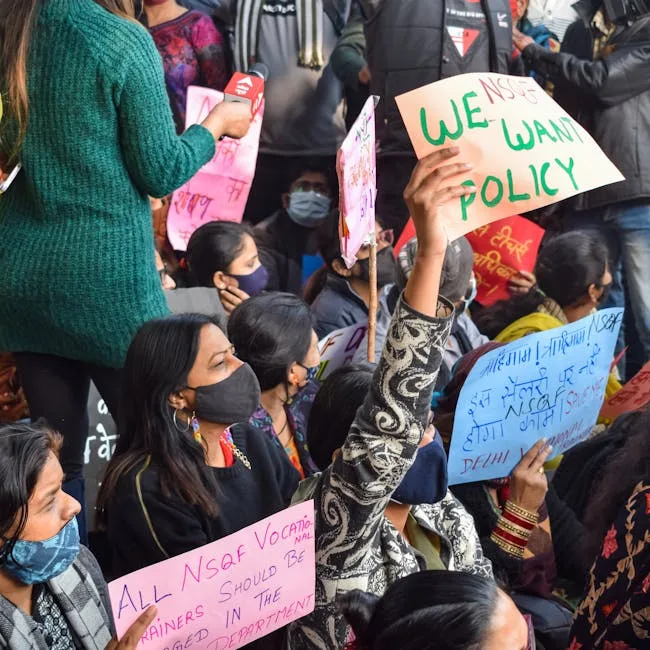
Nearly 300 civil society organizations, including prominent groups like Pro Asyl, Amnesty International, Caritas, and Diakonie, have issued a joint appeal to Germany’s new coalition government, demanding a shift toward more humane migration and asylum policies. The appeal criticizes exclusionary measures and calls for stronger protections for asylum seekers, integration support, and an end to outsourcing asylum procedures1.
Key Demands of the Appeal
The 293 signatories outlined several critical demands in their appeal to the federal government. They emphasized the need to end policies that undermine social cohesion, such as pushbacks and deportations to crisis regions. The organizations also called for abolishing work bans for refugees and investing in integration programs, including language courses and childcare2. Additionally, they rejected proposals to outsource asylum procedures to third countries, a measure some EU nations have considered.
Interior Minister Alexander Dobrindt (CSU) has faced criticism for advocating stricter border controls despite reported police staffing shortages. The coalition government’s plans to partially suspend family reunification have also drawn opposition from human rights groups1.
Broader EU Migration Context
The appeal aligns with long-standing critiques of restrictive EU migration policies. The European Left (GUE/NGL) has previously opposed what it calls “Fortress Europe,” advocating instead for legal migration pathways, equal rights for migrants, and an end to border externalization3. Similar concerns were raised in 2024 by 27 NGOs warning against adopting Poland and Hungary’s restrictive asylum models4.
Germany has seen a decline in asylum applications in 2024–2025, attributed partly to Syria’s stabilized situation and EU deterrence policies. However, experts argue that migration remains essential to address labor shortages, as highlighted in a Bertelsmann study5.
Relevance to Policy and Security Discussions
While migration policy is primarily a socio-political issue, its implications intersect with security concerns, particularly regarding border controls, identity verification, and data handling in asylum procedures. The debate over outsourcing asylum processing also raises questions about jurisdictional security and compliance with international law.
The organizations’ appeal underscores the tension between security-focused migration policies and human rights obligations. As Germany and the EU refine their approaches, balancing these priorities will remain a key challenge for policymakers.
Conclusion
The collective call from 293 organizations highlights growing pressure on Germany’s government to adopt a more rights-based migration framework. With declining asylum numbers and labor market demands, the debate over migration policy is likely to intensify in the coming months. The outcome could influence broader EU migration strategies and set precedents for human rights compliance in asylum procedures.
References
- “Migrationspolitik: Verbände fordern humane Asylpolitik,” ZEIT Online, 2025. [Online]. Available: https://www.zeit.de/politik/deutschland/2025-05/migrationspolitik-verbaende-asyl-zuwanderung-appell
- “Neue Bundesregierung: Appell für verantwortungsvolle Migrationspolitik,” Rescue.org, 2025. [Online]. Available: https://www.rescue.org/de/pressemitteilung/neue-bundesregierung-appell-fuer-verantwortungsvolle-migrationspolitik
- “Migration und Asyl: Für eine solidarische EU,” GUE/NGL, 2014. [Online]. Available: https://left.eu/app/uploads/2014/02/leaflet-migration-DE-web.pdf
- “27 Organisationen appellieren an Bundesregierung,” Pro Asyl, 2024. [Online]. Available: https://www.proasyl.de/pressemitteilung/27-organisationen-appellieren-eindringlich-an-die-bundesregierung-rechtsstaatlichkeit-und-menschenrechte-in-aktueller-asyldebatte-verteidigen
- “Studie: Zuwanderung für Arbeitskräftesicherung notwendig,” Bertelsmann Stiftung, 2024. [Online]. Available: https://www.zeit.de/arbeit/2024-11/studie-bertelsmann-zuzug-arbeitskraefte-deutschland




